The Trump administration on Thursday announced sanctions on 50 individuals, companies and vessels, largely based in the United Arab Emirates, Hong Kong and China, alleging they facilitated the shipment of Iranian oil and sales of liquefied petroleum gas.
Among the targets are two dozen “shadow fleet” ships, flagged across multiple countries, which conceal the origin of Iranian oil and bypass earlier sanctions. Also included are a China-based crude oil terminal and a non-state-owned Chinese refinery. The Treasury Department said these entities are critical to Iran’s ability to export petroleum and petroleum products.
The department added that the sanctioned individuals and organisations enabled the export of billions of dollars’ worth of oil and gas, directly benefiting the Iranian government.
The move relies on a series of executive orders signed by President Donald Trump, including one issued in February mandating that the United States work to “drive Iran’s export of oil to zero.”
Among other things, the sanctions deny the people and companies access to any property or financial assets held in the U.S. and prevent U.S. businesses and citizens from doing business with them.
Trump’s “maximum pressure” on Iran is meant to deny Tehran access to nuclear weapons, and during the summer, the U.S. and Israel engaged in several bombardments of Tehran’s nuclear and military sites.
Impact Shorts
More ShortsThe United Nations reimposed sanctions on Iran in September over its nuclear program, further squeezing the country as Iranians increasingly find themselves priced out of the food and worried about their futures. Iran’s rial currency is at a record low, increasing pressure on food prices and making daily life that much more challenging.
Since January, the administration has imposed sanctions on 166 ships tied to the Iranian oil trade. The new sanctions target a second Chinese oil terminal and a fourth independently owned refinery in China.
Treasury Secretary Scott Bessent said in a statement that the administration is disrupting the Iranian government’s ”ability to fund terrorist groups that threaten the United States.”
With inputs from agencies


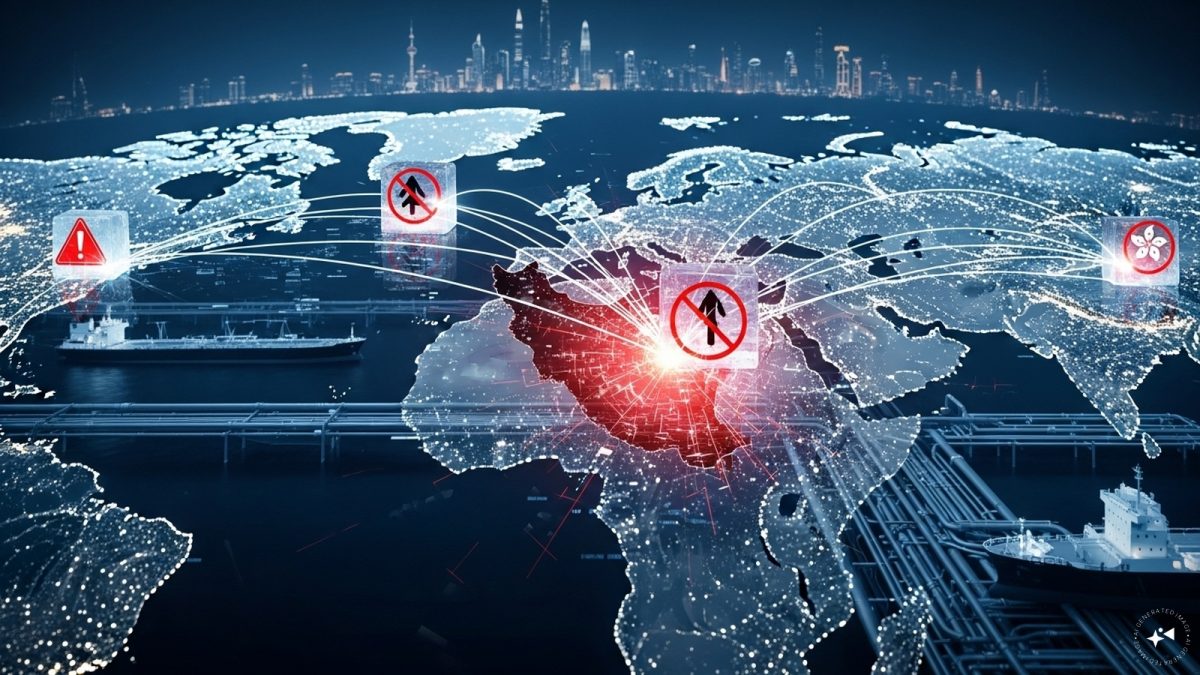)
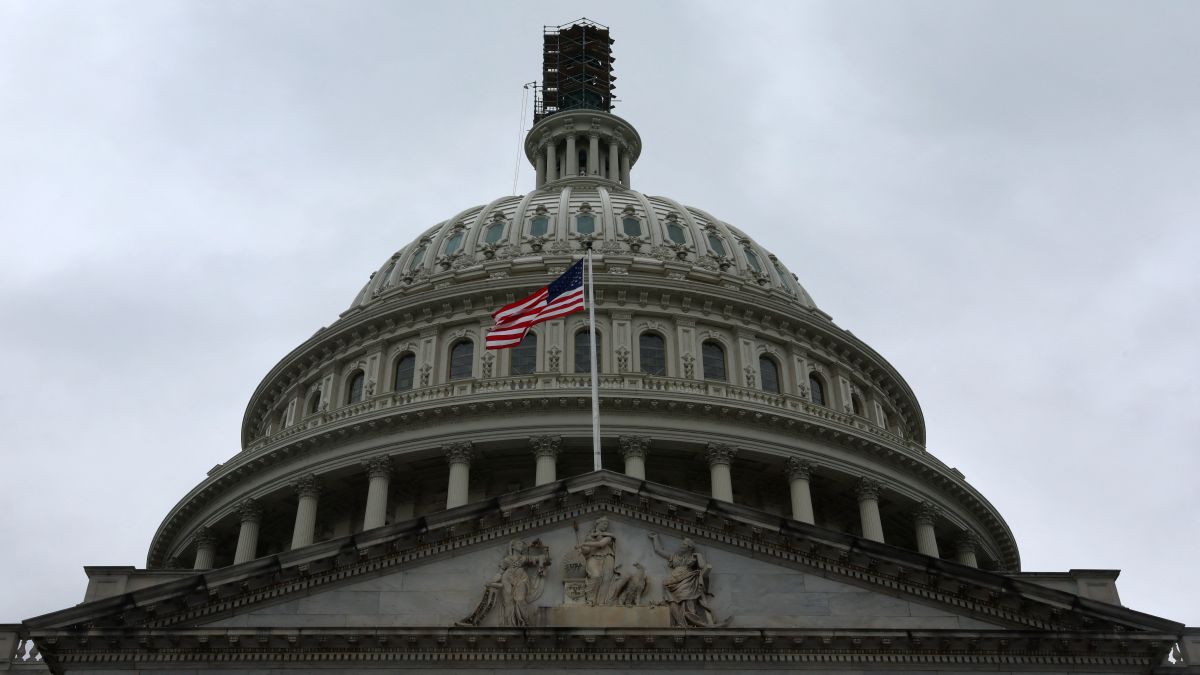
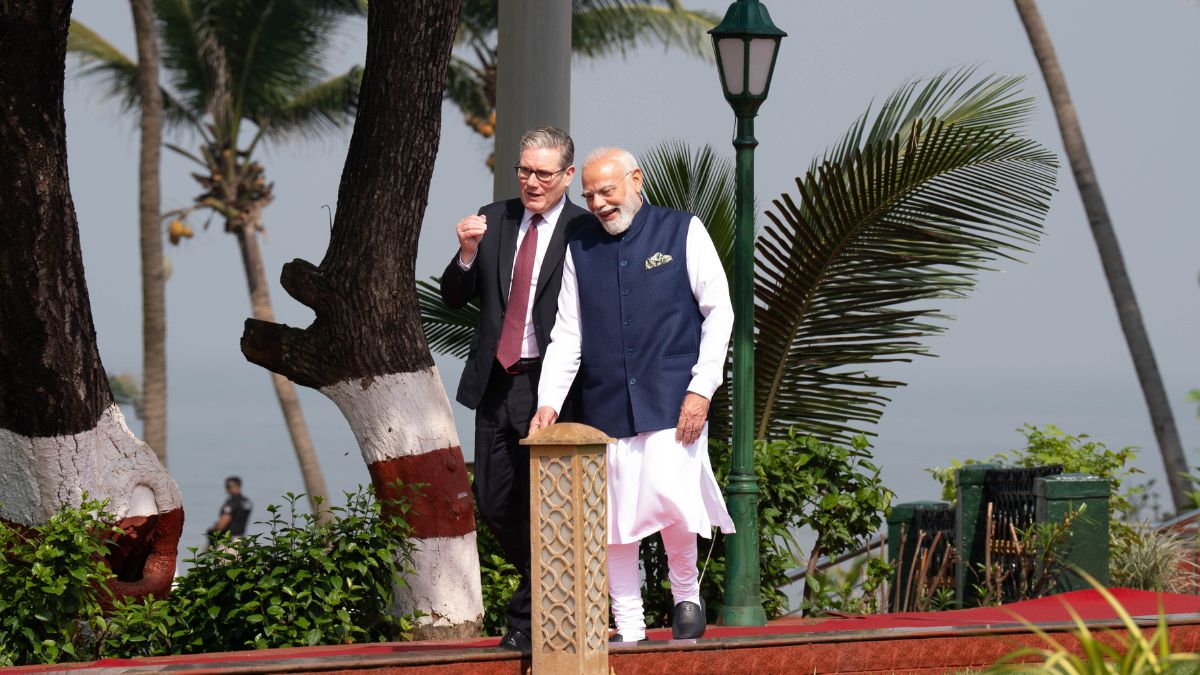)
)
)
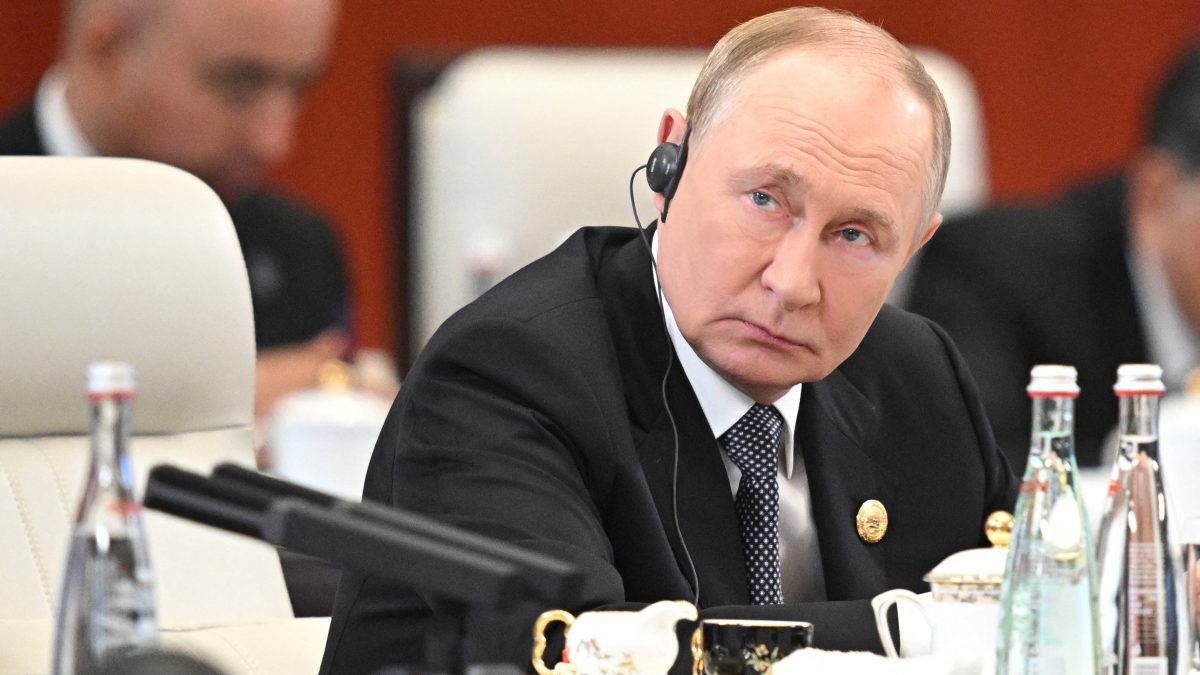)
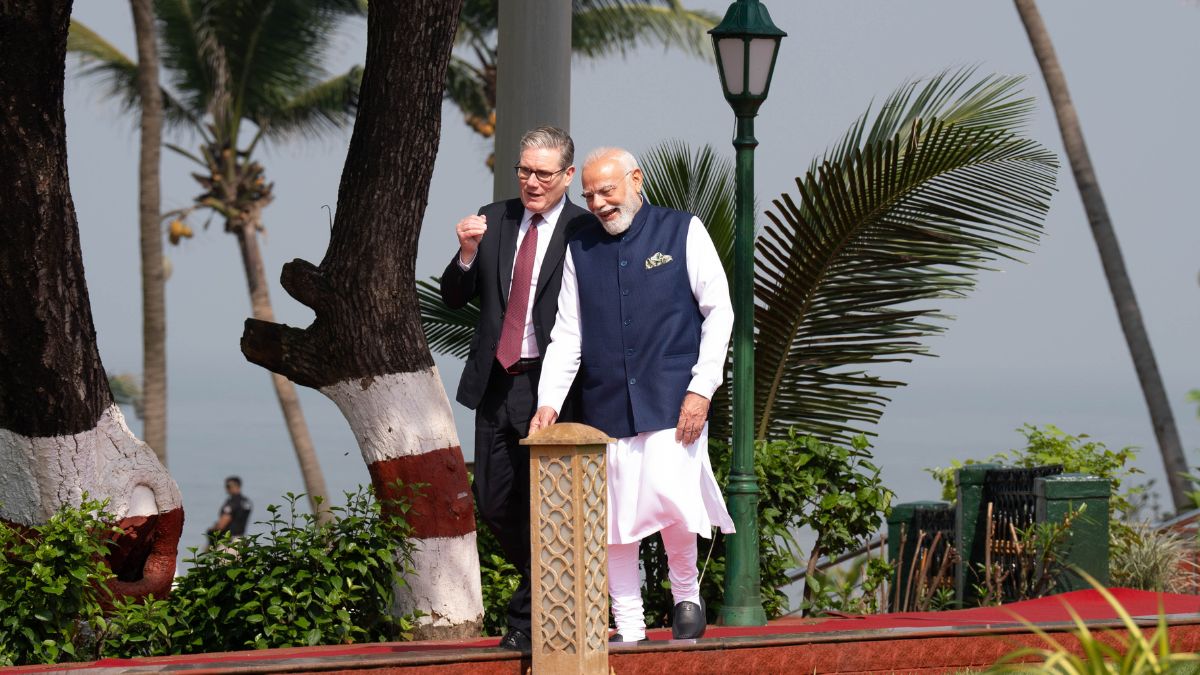)
)
)
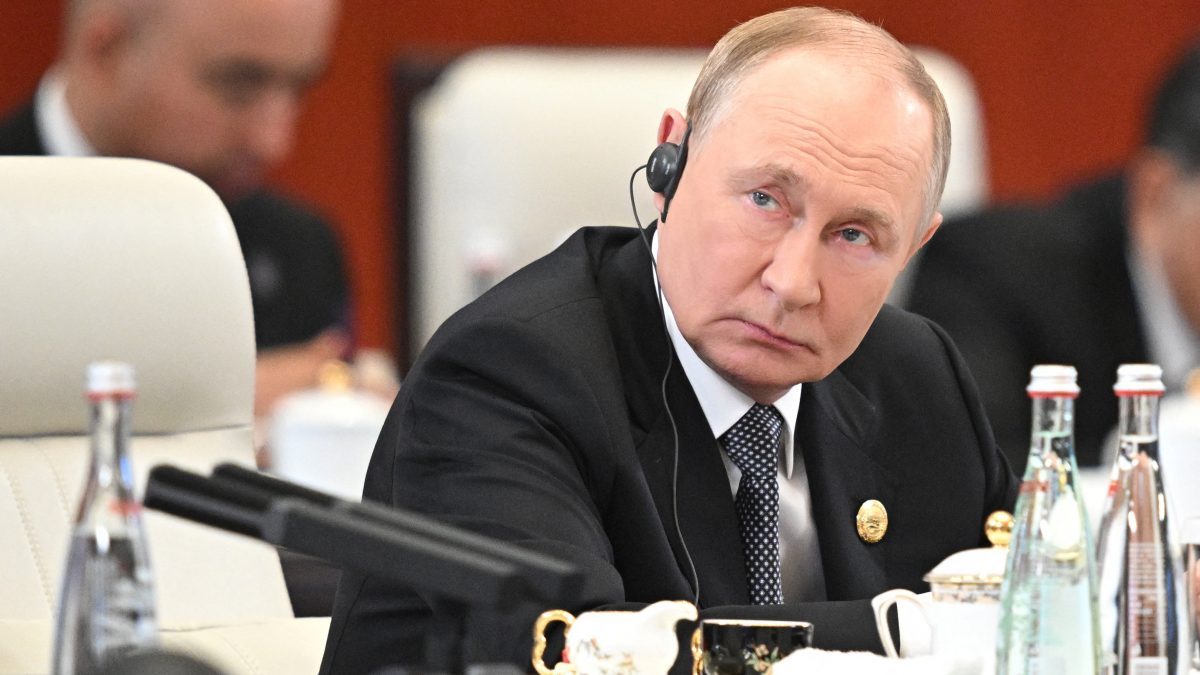)



